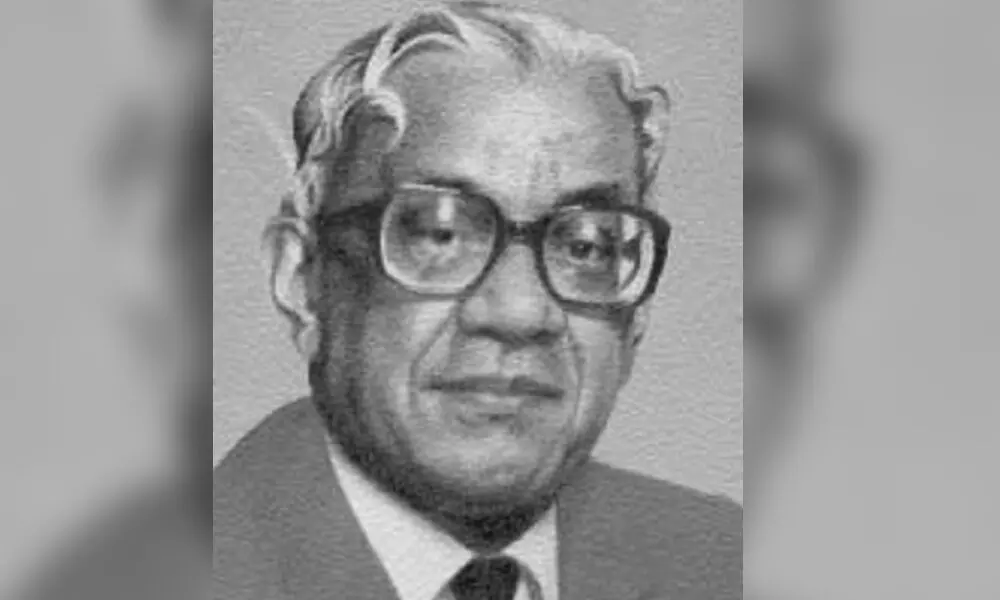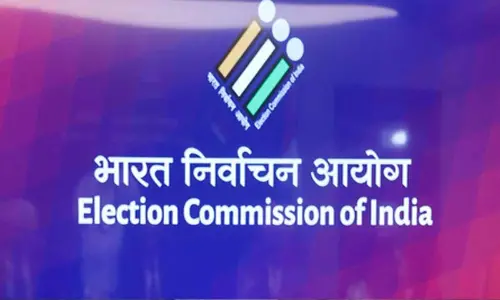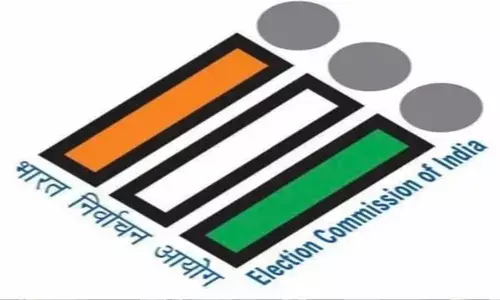The 'Simha among the Naras' I knew

The ‘Simha among the Naras’ I knew
I belong to the Administrative Staff College of India family
I belong to the Administrative Staff College of India family. This is how I fondly remember Shri Maidavolu Narasimham, the Chairman Emeritus of the Court of Governors. Shri Narasimham is no stranger to those whose interests lay in the economy. He authored the oft quoted banking sector reforms, seminal in many respects, popular as Narasimham Committee Reforms I&II.
I joined ASCI as a Professor in 2002 from Bank of India, and hence knew well about the contribution of Shri Narasimham as former Finance Secretary and RBI Governor. Later, I had many opportunities (privileges, shall I say) of closely interacting with him often, as a Dean. He was a versatile genius. There wasn't a subject on which he could not speak in depth and chances are, those from the domains knew less than him. He could speak about defence policy with the same facility as on fiscal or monetary policy. He would often leave the late Shri K V Krishna Rao (former Army Chief) and the late Shri I H Latif (former Air Chief) who were Members on the Court, in awe of his knowledge of the intricate details of equipment design and functioning. Navy was, particularly his passion. He would quip, the Director General is the Captain of the ship. I am the Admiral of the fleet.
Shri Narasimham was an erudite scholar. A slice of it must have come from inheritance since he was the grandson of Dr Sarvepalli Radhakrishnan. His mornings in ASCI, when in active service or otherwise, would be spent in reading, from financial matters to foreign affairs, international and national. When he spoke, always crisp and extempore, brilliance radiated. He used to say that the surgeon who operated on his brain commented, he has not seen one as close-circuited and well-knitted as that. The surgeon was spot on.
Deans were invitees to the court meetings at ASCI, and I was witness that he was a real "simha" as Chairman of the Court. When he spoke, no one did. In fact, he left no scope. Members would just nod in agreement. The court meetings would begin at 11:30 sharp. They had to end, come hell or high tide, at 13:00 hrs for a multi-course lunch that ASCI is famous for. Aperitifs preceded lunch. Shri Narasimham would regale the audience with his ready wit and humour, in his clipped Cambridge English. The late Dr Abid Hussain would say, "I would end my letters to Narasimham with 'Love to Shanthi' (his wife) and Narasimham would read out to her the entire letter except that last phrase".
From what he used to share Shri Narasimham was the blue-eyed boy of Mrs Gandhi. He recalled once, "After my retirement, I met Mrs Gandhi to inform her about my moving to ASCI. She asked, "how come the file did not go through me". I said, it won't because ASCI is not an institution on which any Ministry has any control. She remarked, nor can anyone have on you… but surely you are not leaving."
We train several officers of Bangladesh Civil Service at ASCI. He would often hold them spell bound with his very deep knowledge and ring-side view of their country's economy, as the single-man commissioned by Mrs Gandhi to address the monetary issues and currency management, as soon as their country attained independence. He would often narrate how the currency had to be "rubber-stamped" to make it new legal tender and how they went about addressing the issue of reserves, external payment commitments etc. He has written about it all in his books.
He chaired (as the Chairman of the Court) the interview committee for my selection at ASCI. His eye caught the minute detail in my CV that I learnt German. At the end, he suddenly sprang "auf wiedersehen" (till we meet again) on me. I collected myself, recollected my German, grinned and said "danke schoen" (thank you). I knew I was in. The single phrase that summarises the life and times of Shri Narasimham is "Na Bhootho, Na Bhavishyathi".
(The author is Director, Indian Institute of Management, Visakhapatnam)














